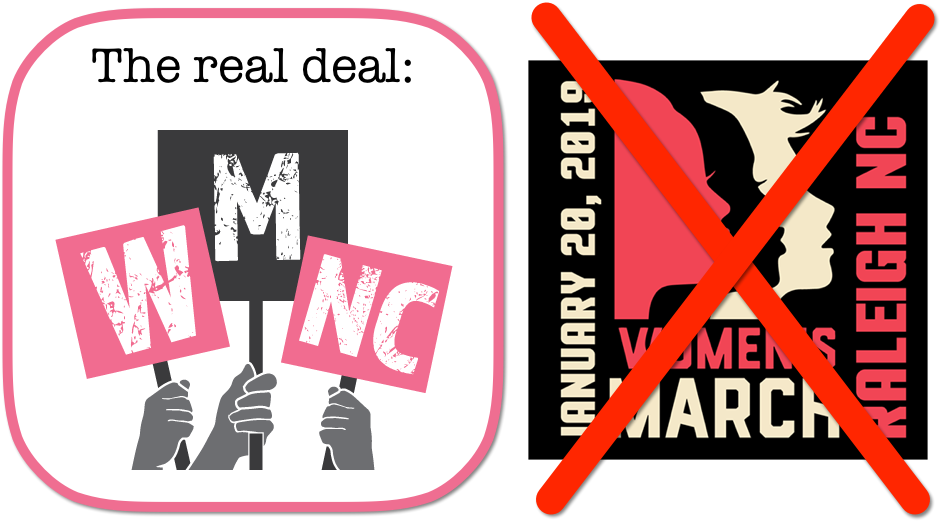Speaking of facts, I was thrilled to see that CNN picked up on the story about fake women’s march pages last I blogged about last month. The reporter, Donie O’Sullivan, first heard about it from the Maine Women’s March, but when he researched the issue he found my blog post! I spoke with him on the phone about it last week and was nearly interviewed on camera but for some CNN logistics.
He used my Facebook post as the lede for the story! Here’s an excerpt:
New York (CNN) — Ruby Sinreich knew “something didn’t smell right” as soon as she responded to a Facebook invite this summer for the 2019 Women’s March in Raleigh, North Carolina.
A web developer and long-time activist, Sinreich grew suspicious when she noticed the page was posting what she recently called “weird, partisan memes that seemed totally out of character.” Then she saw that the event page was promoting the wrong date for the 2019 march.
No one she knew in the activism community in North Carolina seemed to know who was behind the event. Besides, it was August, months before January’s Women’s March, and local organizers had yet to post the details for the march online.
“This is *exactly* how the Russians/Republicans have been manipulating our communication, politics, and elections for over 2 years now,” she wrote in a Facebook post in August in which she warned her friends about the page.
Sinreich wasn’t alone. Activists in Maine, Vermont, and elsewhere began noticing similar event pages advertising marches in their cities and listing the wrong date.
But the pages were not run by the Russian trolls who meddled in the US’ 2016 election, and have continued doing so since. They were run from Bangladesh, a CNN investigation has found — and they were designed to exploit Americans’ interest in politics and protests in order to sell t-shirts.
In all, there were 1,700 separate Facebook pages designed to look like they were run by local Women’s March organizers, a source familiar with Facebook’s investigation into the issue told CNN.
…
“There are a lot of ways that it is damaging and dangerous. People show up on the wrong date and don’t go to the actual event. People leave feeling angry and frustrated instead of feeling unified,” Sinreich told CNN.
Other organizers told CNN that they communicate safety and emergency information through Facebook for their events. When a fake page that real activists have no control over becomes popular, it prevents them from reaching some people who might need that information.
– Exclusive: Women’s March target of elaborate Facebook scam run from Bangladesh.
By Donie O’Sullivan, CNN Business. Updated 7:19 AM ET, Thu October 18, 2018
